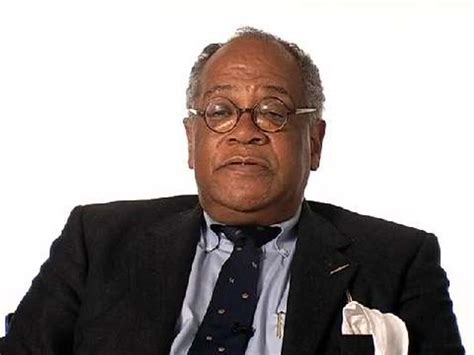A Quote by Samuel Taylor Coleridge
I dislike the frequent use of the word virtue, instead of righteousness, in the pulpit; in prayer or preaching before a Christian community, it sounds too much like pagan philosophy.
Related Quotes
I will tell you what this people need, with regard to preaching; you need, figuratively, to have it rain pitchforks, tines downwards, from this pulpit, Sunday after Sunday. Instead of the smooth, beautiful, sweet, still, silk-velvet-lipped preaching, you should have sermons like peals of thunder, and perhaps we then can get the scales from our eyes.
To some, the temporal triumph of the Christian community in the world is a sign of God's favor and the essential righteousness of the Christian position. The irony of the matter, though, is that whenever the Christian community gains worldly power, it nearly always loses its capacity to be the critic of the power and influence it so readily brokers.
Our patriotism comes straight from the Romans. This is why French children are encouraged to seek inspiration for it in Corneille. It is a pagan virtue, if these two words are compatible. The word pagan, when applied to Rome, early possesses the significance charged with horror which the early Christian controversialists gave it. The Romans really were an atheistic and idolatrous people; not idolatrous with regard to images made of stone or bronze, but idolatrous with regard to themselves. It is this idolatry of self which they have bequeathed to us in the form of patriotism.
'Christian' used to be a throwaway word. People didn't used to use it much. People didn't start self-labeling or getting labeled Christian until the last part of the 20th century. Before that, you might identify as a Baptist, or a Southern Baptist or a Methodist. But there wasn't one identifier that put you in a fold with all the other believers.
Moral theory develops from the divine command theory of medieval Christian philosophy, mixed up with a bit of ancient pagan virtue theory, to the purely secular moral sentiment and interpersonal reaction theories of Smith and Hume, to Kant's attempt to restore command theory but with something supersensible in the individual rather than God as the source of authority.
Preaching has always been the business of the Asiatics. The Western people are grand in organisation, social institutions, armies, governments, etc.; but when it comes to preaching religion, they cannot come near the Asiatic, whose business it has been all the time, and he knows it, and he does not use too much machinery.







































